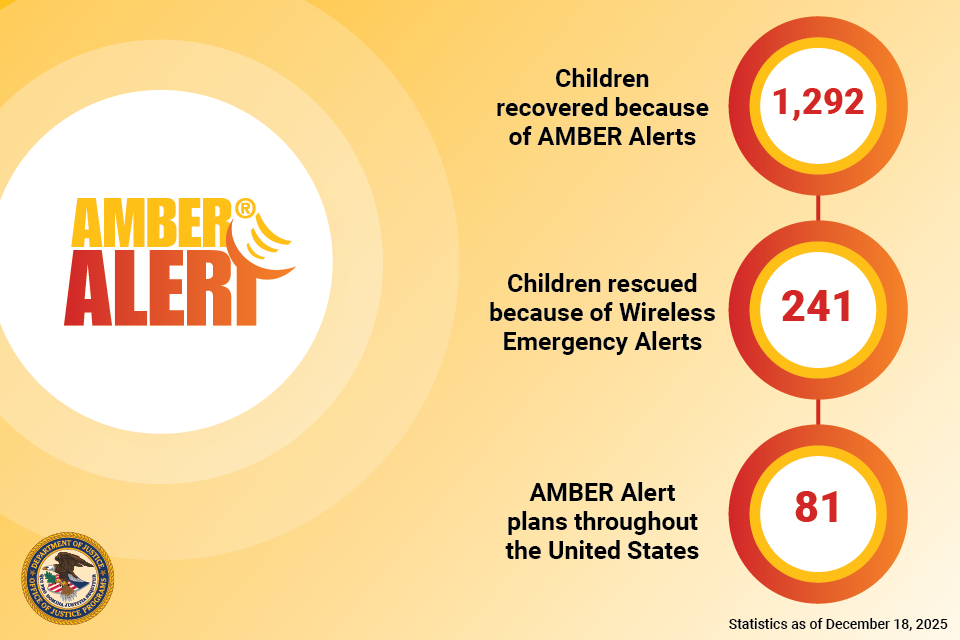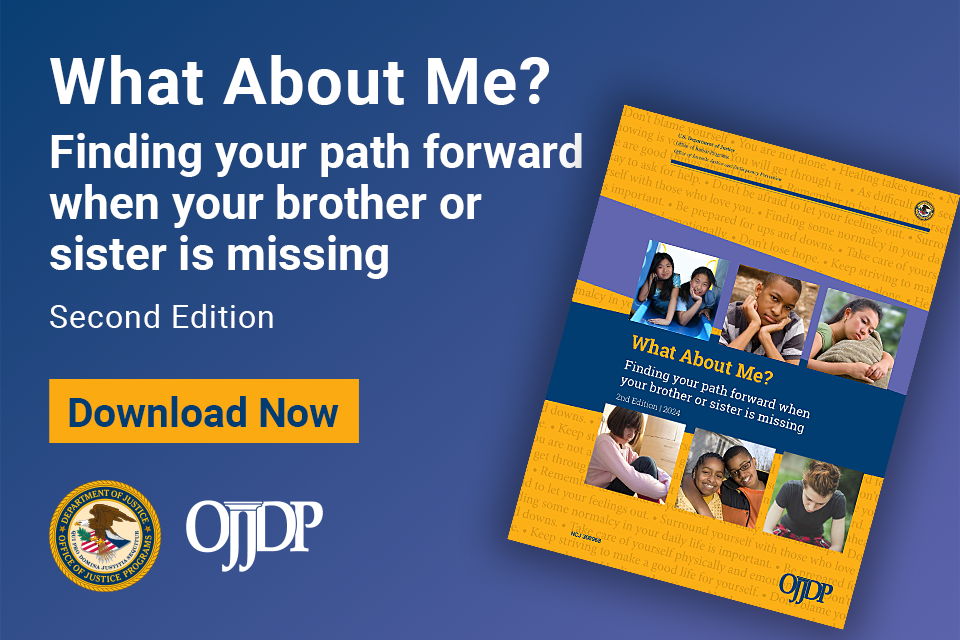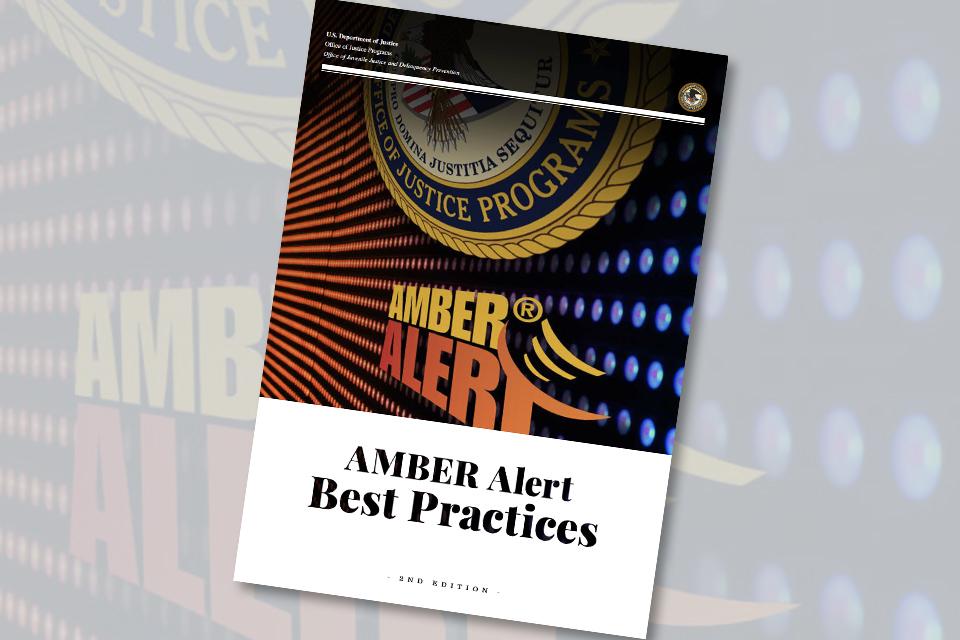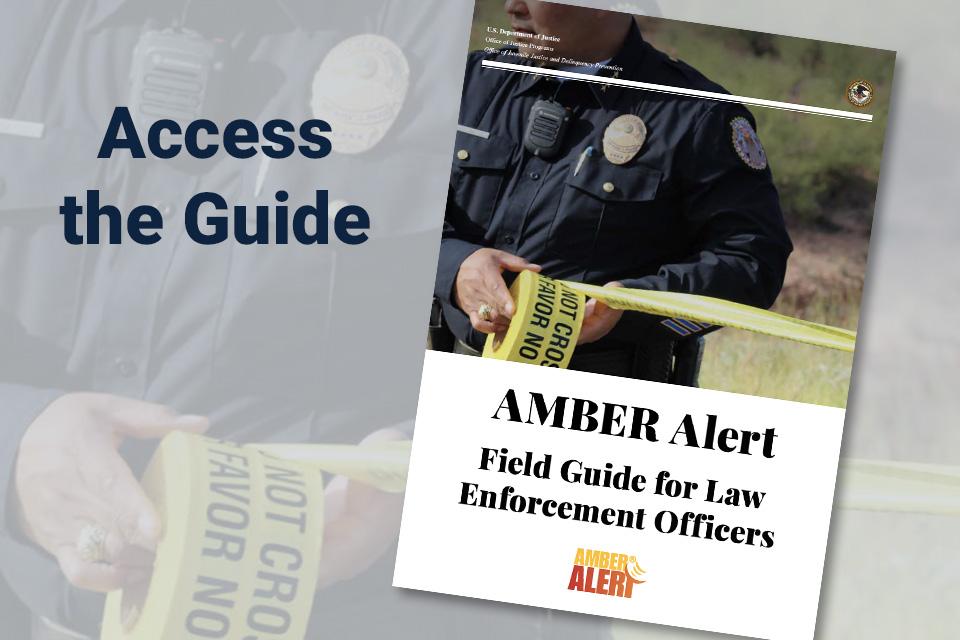AMBER Alert: Years of Progress in Recovering Abducted Children
Today, the AMBER Alert system is used in all 50 states, the District of Columbia, the U.S. Virgin Islands, and Puerto Rico. It is also used in parts of Indian country and internationally in 45 countries. As of December 18, 2025, 1,292 children were successfully recovered through the AMBER Alert system and 241 children were rescued because of wireless emergency alerts. There are 81 AMBER Alert plans throughout the United States.
AMBER Alert in Indian Country Initiative
The AMBER Alert in Indian Country (AIIC) Initiative assists Tribal communities in developing programs to safely recover endangered missing or abducted children through the coordinated efforts of the Tribes and their local, state and federal partners by using training and technology to enhance response capacities, capabilities and increase public participation in protecting children.
Active AMBER Alerts
Looking for the latest AMBER Alerts?
Wireless Emergency Alerts
Interested in learning more about receiving AMBER Alert notices on your phone?
What About Me? Finding Your Path Forward When Your Brother or Sister is Missing
The second edition of this publication serves as a resource for siblings of missing children and their parents or caretakers. It was written to help young people think about and handle different situations and circumstances that may arise when a sibling is missing.
AMBER Alert Best Practices, Second Edition
AMBER Alert Best Practices, Second Edition provides updated guidelines to help states and regional offices recover abducted children through AMBER Alerts. The 2019 second edition of the guide provides a "what works" approach based on input of those who lead and oversee AMBER Alerts as part of larger missing persons and child protection programs at the state and regional levels.
AMBER Alert Field Guide for Law Enforcement Officers
Designed to help law enforcement officers improve their response to cases of missing or abducted children, the guide provides best practices from subject matter experts in AMBER Alert programs nationwide. Topics include establishing and managing leads, search and recovery operations, screening and training volunteers, interacting with abduction victims' families, managing media, and more.
Disclaimer
The information and statements contained on this official Department of Justice AMBER Alert website shall not be used for the purposes of advertising, nor to imply the endorsement or recommendation of the United States Government. Use of the AMBER Alert logo is subject to the Department of Justice legal policies and disclaimers regarding the use of DOJ seals and logos.
Reference herein (including any document posted hereon or linked hereto) to any specific AMBER or AMBER-related commercial products, processes, or services by trade name, trademark, manufacturer, or otherwise, does not necessarily constitute or imply its endorsement, recommendation, or favoring by the United States Government.







